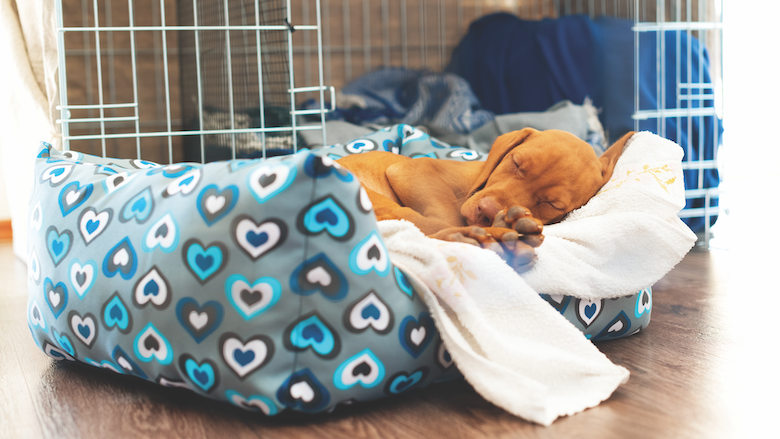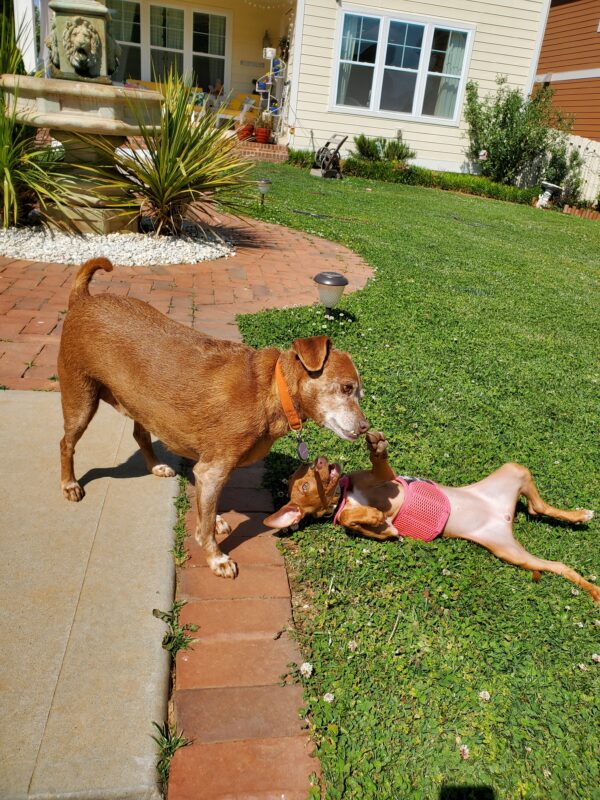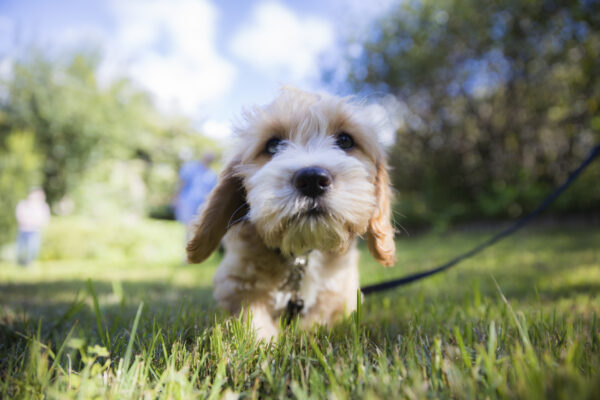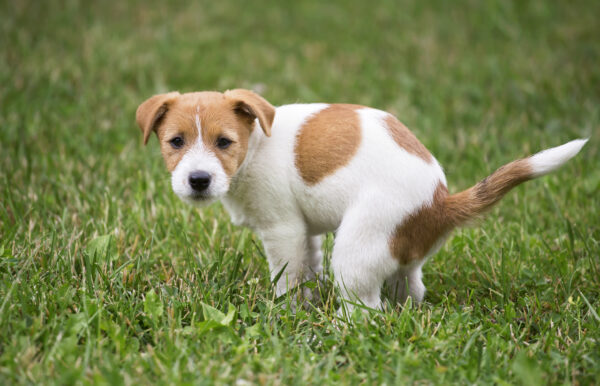The age of 10 weeks is a magical time for most puppies. It’s when they find themselves in a new — and hopefully forever — home. While pups are old enough to leave their mothers and siblings by 8 weeks, many breeders and rescues prefer to wait until a pup is 10 weeks old before sending him to live with a new human family. A 10-week-old puppy has more time to develop canine social skills with his birth family.
When my Pit Bull-mix Mookie came to live with us, he was 9 weeks old. Within a week, his little personality was more than obvious. He was affectionate but mouthy, and full of energy. He was at the perfect age to learn how to act around our cats, as the 9- to 12-week period is an important time for puppy socialization. Our wonderful kitties seemed to understand he was a baby, and they agreed to play with him. If he got too rough, they let him know, and he quickly got the message. Not surprising, considering that a 10-week-old puppy is ripe for learning.
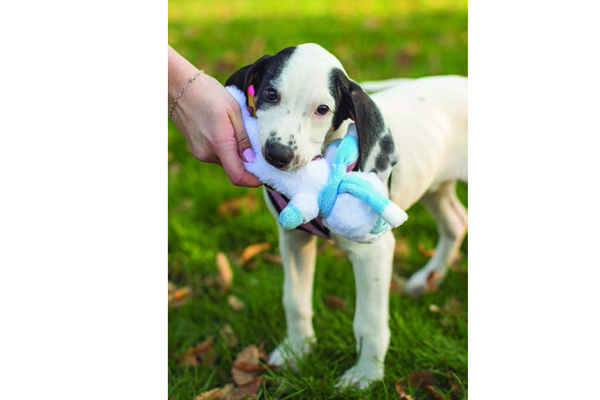
Here are some things you can expect from your 10-week-old puppy.
A 10-week-old puppy is going through a critical fear period
Many puppies go through a fear period between the age of 8 to 10 weeks. This may alarm you if you don’t expect it. Your 10-week-old puppy may suddenly act overly afraid of new people, animals or objects, or new situations. If you see this behavior, remember that it’s normal in a pup’s development, and don’t panic. Instead, show your puppy there is nothing to fear by acting upbeat and happy. Resist the urge to scoop him up and soothe him; this will only serve to reward his fearful response. The best way to get him through this period is to set a good example with your own confident behavior.
Bite inhibition
If your puppy spent time with his siblings until at least 8 weeks of age, he should have learned how to inhibit his bite. Brother and sister puppies are great at teaching each other how much bite pressure is too much. That said, a 10-week-old puppy is constantly putting things in his mouth. This will include your hands if you’re not careful. Even though playfulness and teething are the reasons behind this kind of biting behavior, don’t allow it. When your puppy gets mouthy, give him a toy to chomp on. He will eventually learn that only toys are for biting — not people.
Read Next: When Do Dogs Stop Teething? What to Know About Puppy Teething and Dog Teeth
Curiosity about his surroundings
A 10-week-old-puppy is learning as much as he can about his surroundings. They are eager to discover the world and will want to explore with their senses of sight, hearing, smelling and tasting.
Provide a safe environment for your puppy to discover. Puppy-proof your house and yard by removing objects and situations that can get him into trouble: anything he can chew on, swallow, fall in or get stuck in. Supervise him at all times, and limit his freedom when you can’t watch him.
Expose him to the outside world in a safe way by keeping him away from strange dogs and areas they frequent until he has received his last set of vaccines. In the meantime, provide him with plenty of companionship in the form of humans (both adults and children) and safe animals, like the other puppies he will meet at a puppy kindergarten class. Remember that at this age, your puppy needs socialization. The key is to give it to him in a way that gives him positive experiences that are both enjoyable and safe.
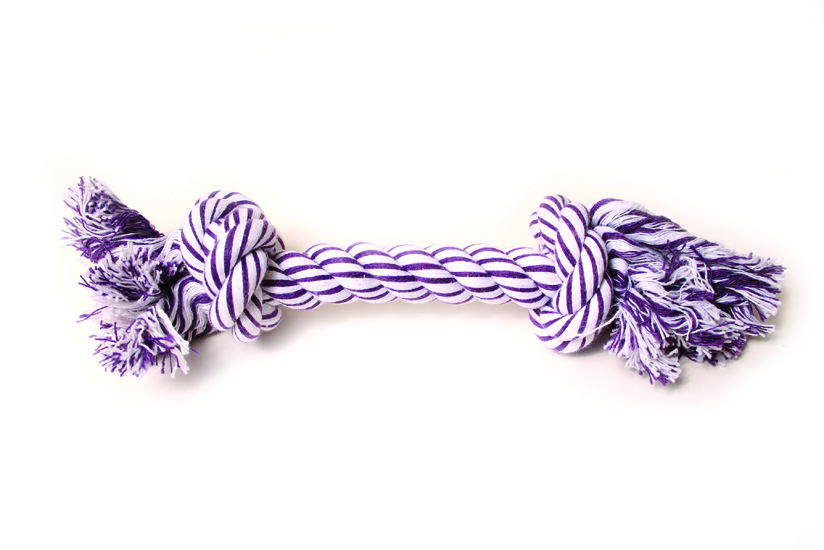
Peak playfulness.
Puppies are super playful at this age and need lots of safe toys they can chew on and chase. A 10-week-old puppy is also at the perfect age for puzzle toys designed to stimulate his little brain. Puzzle toys work by rewarding the puppy with a treat when he figures out a simple puzzle. As your pup gets better at a basic puzzle, you can introduce him to more complicated puzzles until he becomes a real whiz at solving them.
Read Next: Training Your Puppy and Dealing with Puppy Problems
The bottom line on your 10-week-old puppy
A 10-week-old puppy is at a great age. Your puppy will be active, curious and quick to learn at this stage in his life. He will also be incredibly cute at 10 weeks and will grow quickly, so be sure to take plenty of pictures!
Read Next: How to Survive a Puppy
FEatured Image Credit: AndreaObzerova | Getty Images

